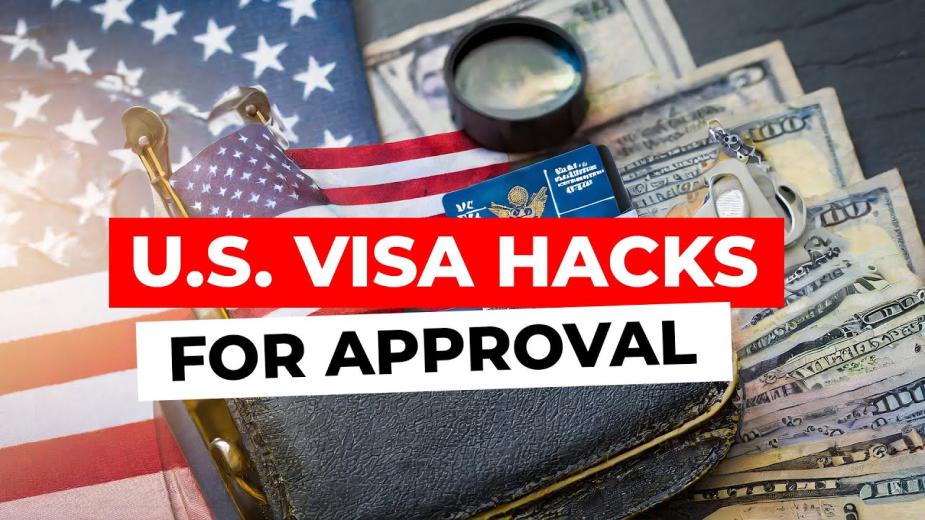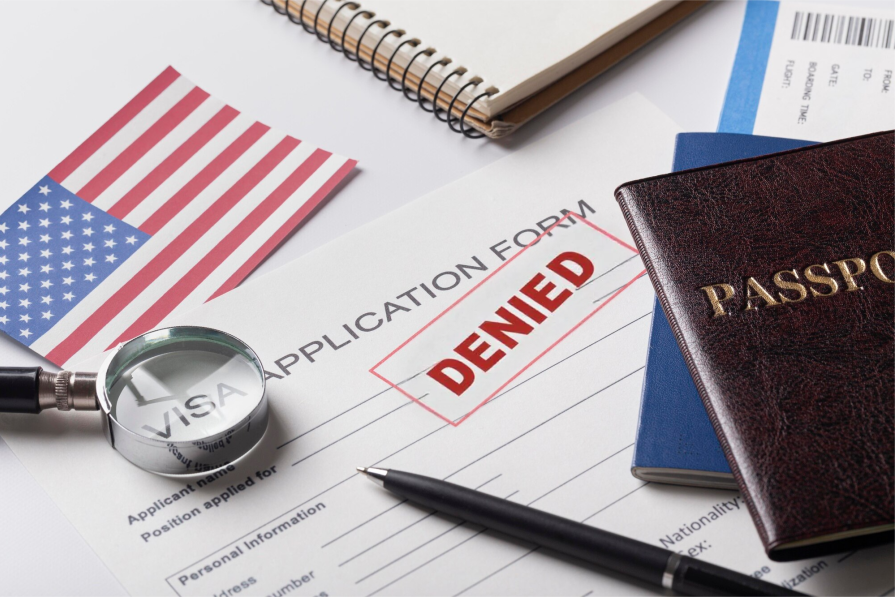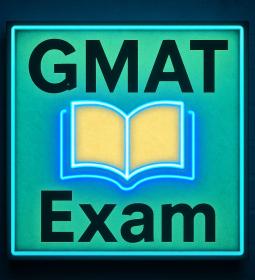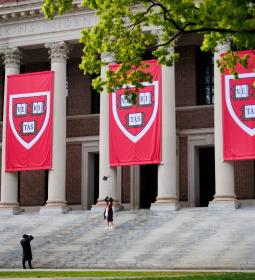Relations between the United States and China continue to deteriorate: an academic war is unfolding in the wake of the trade war. The U.S. Department of State is reviewing visa criteria for students arriving from the U.S. and Hong Kong to determine who are affiliated with the Chinese Communist Party and/or are studying in areas of particular importance to the United States. If such students are found, their student visas will be revoked, and they themselves will lose the right to legally stay in the country. According to the most conservative estimates, these will be thousands of students (which will inevitably cause financial problems for American universities, which have always been very hospitable to students from China, accepted them en masse and actively). The process, however, is already underway: if in 2019 370,000 Chinese came to study in the United States, then in 2024 there were only 277,000 of them. Not everyone wants to be constantly under pressure and in limbo, so Chinese students try to choose more European universities, and if they have already studied in the United States, they do not stay in America to work (or go to a master's program), but are in a hurry to return to China.

Formally, Secretary of State Marco Rubio explained this measure as follows: it violates the law on national security, allowing you to bypass the control of technology exports. They say that Chinese students come to the United States to study and work, get access to strategically important developments and advanced research (for example, the production of microchips, quantum computing), and then bring this knowledge back home. The sovereignty and authority of the United States on the world stage suffers greatly from this.
But such repressive measures find little support. The Chinese authorities (official representatives in the United States) have already expressed an official protest - they say that the decision is "discriminatory and politically motivated", violates the legal rights of Chinese students, and is simply hiding behind the protection of national security.
We will see how this story will unfold later. But it is already obvious that there are many disagreements between the administration of the current US president and the educational sector: take, for example, the conflict with Harvard (which was actually banned from accepting foreign students: it challenged this decision in court and won, but the process is not completed), the suspension of interviews for student visas to the United States, the mass expulsion of students who were suspected of anti-Israel protests.







